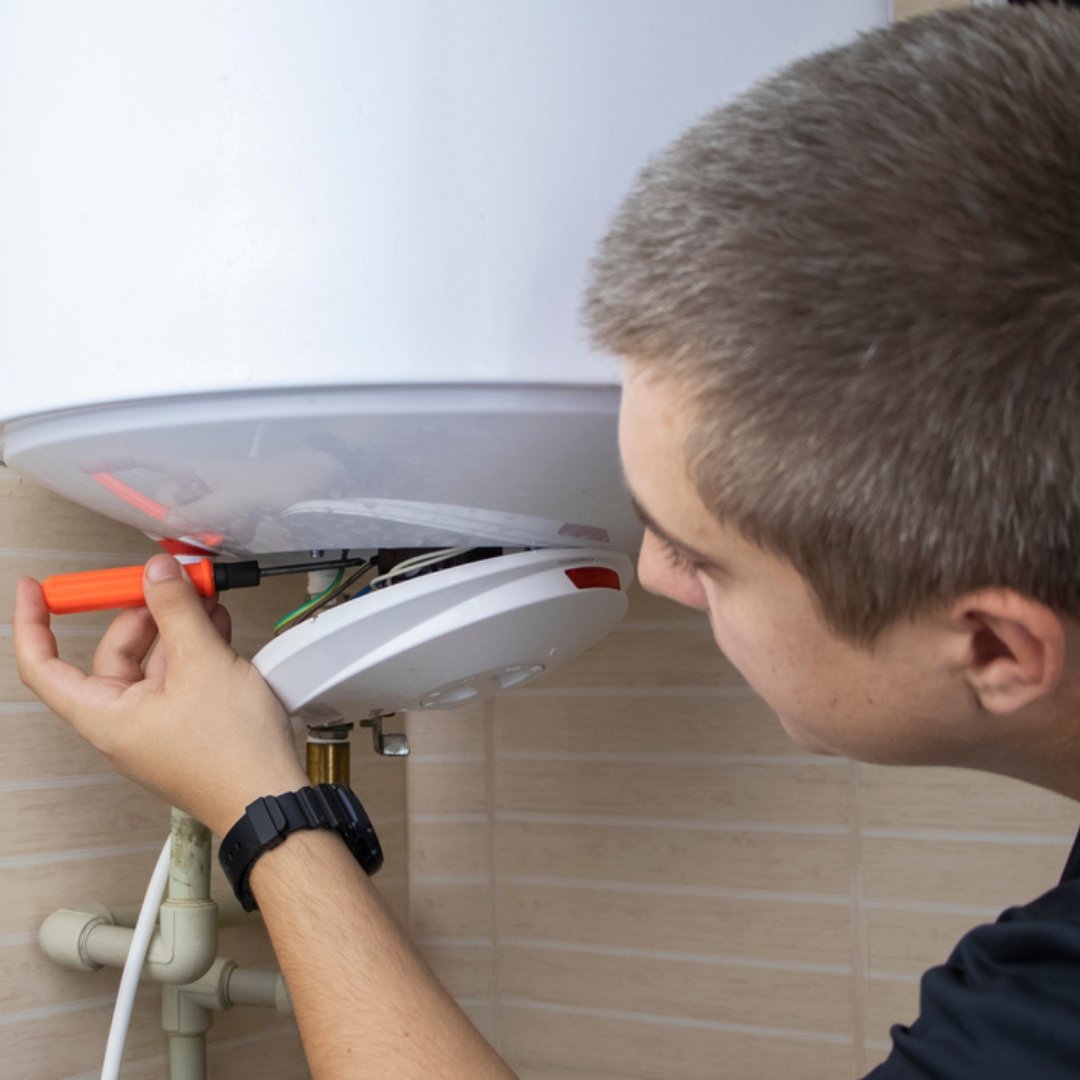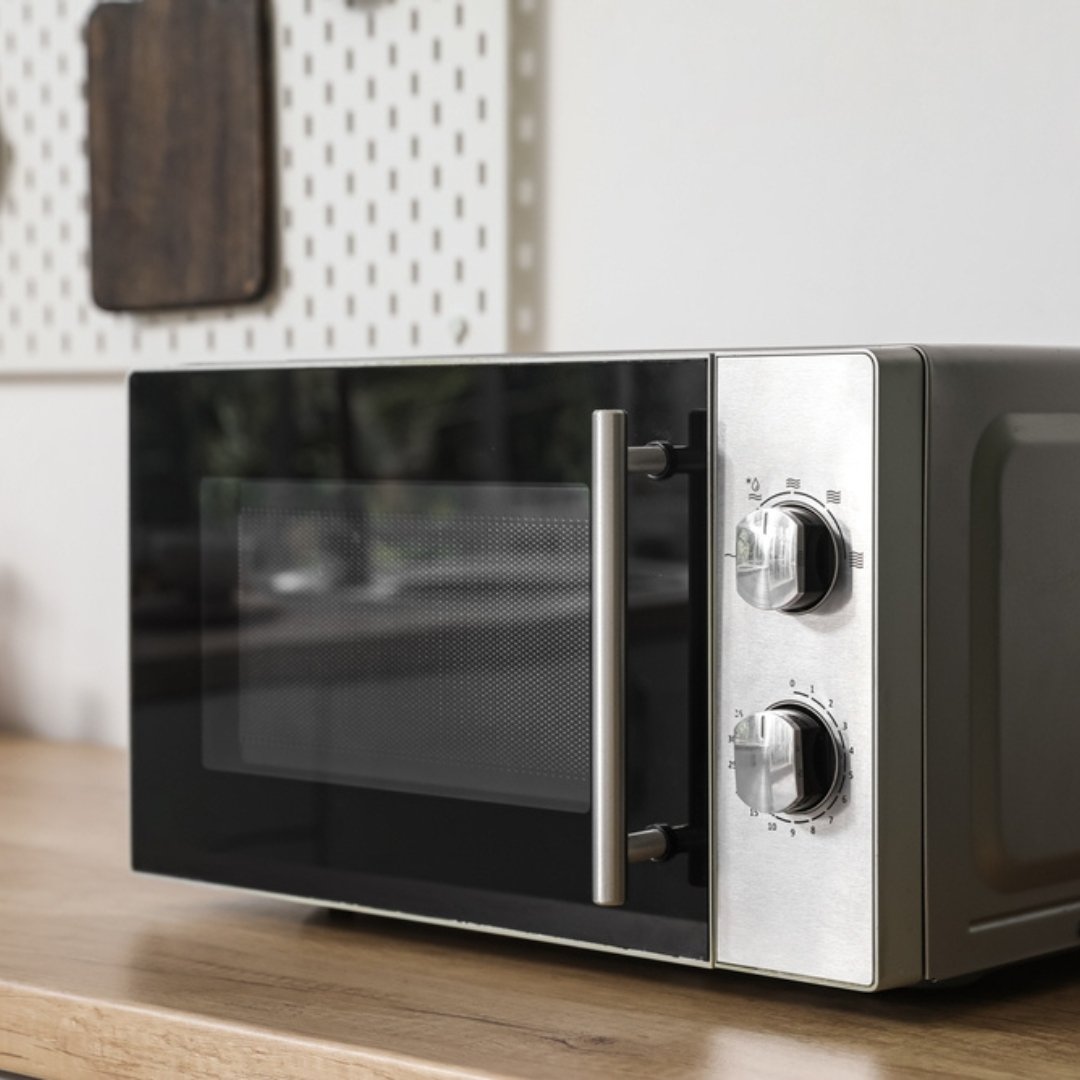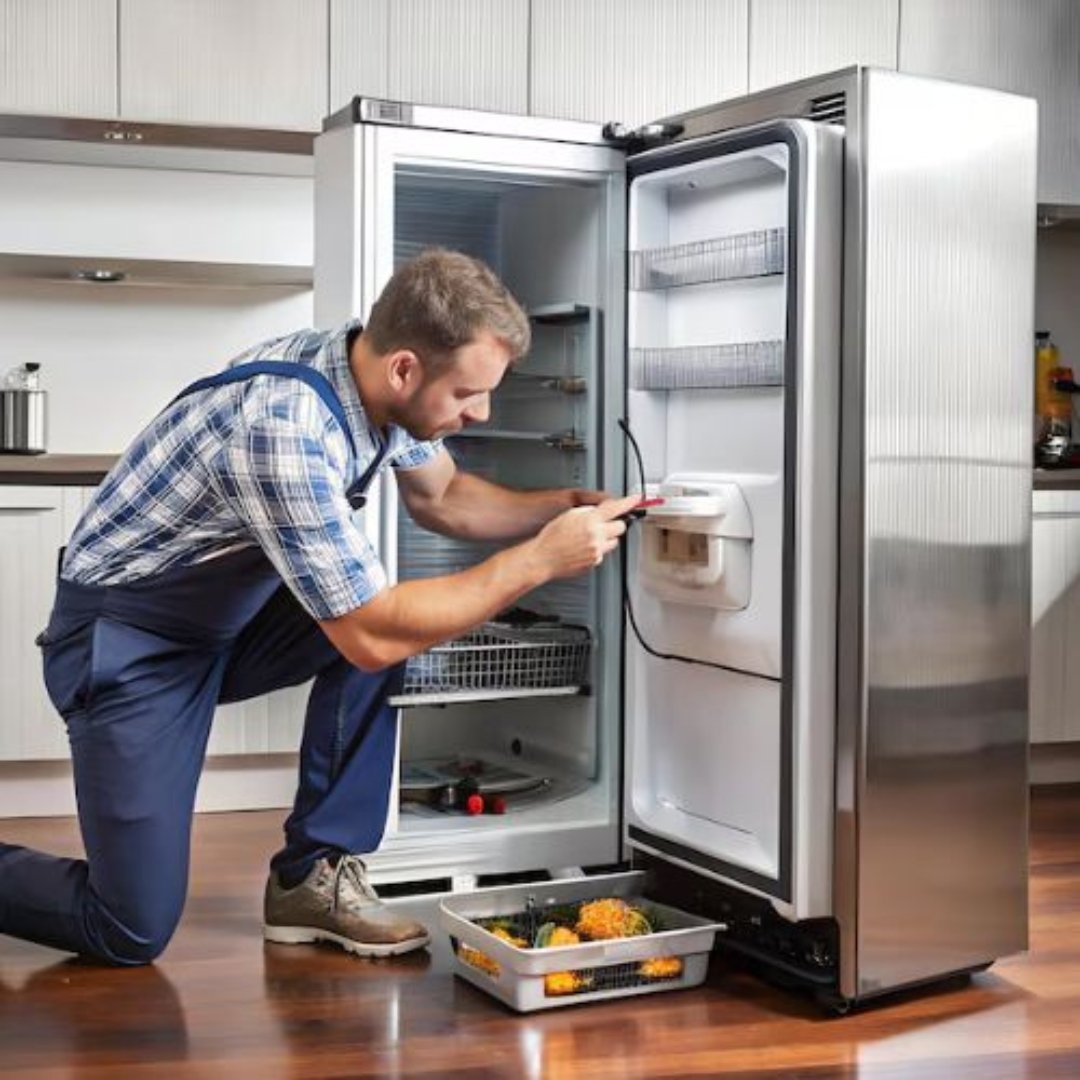Electrical Tagging Protocols in the Healthcare Sector By SafeTag – Trusted Experts in Electrical Safety and Compliance
In the healthcare industry, where patient safety and service reliability are paramount, every piece of equipment must function flawlessly. One often overlooked but critically important practice is electrical testing and tagging. This process ensures that all electrical devices used within medical facilities are safe, functional, and compliant with safety standards.
At SafeTag, we specialize in electrical tagging protocols that protect lives, prevent hazards, and uphold the reputation of healthcare institutions across New Zealand. Let’s explore why electrical tagging is essential in healthcare, and how SafeTag sets the standard for safety compliance in this high-stakes industry. To Know More Click Here
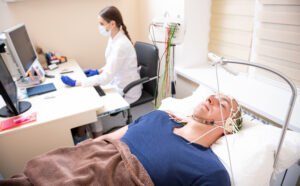
Why Electrical Tagging is Vital in Healthcare
Healthcare facilities like hospitals, aged care centers, dental practices, and pathology labs are filled with a wide variety of electrical equipment—ranging from basic plugs to highly sophisticated diagnostic and life-support systems.
Electrical tagging offers multiple crucial benefits:
1.Operational Integrity
Electrical faults can interrupt critical processes. By regularly testing and tagging equipment, facilities can detect wear and tear or internal damage before it causes failure. This ensures uninterrupted access to essential services like patient monitoring, imaging, and life-support systems.
2.Regulatory Compliance
Healthcare institutions must comply with AS/NZS 3760, the standard that governs in-service safety inspection and testing of electrical equipment. Failure to comply can result in penalties, failed audits, and operational shutdowns. SafeTag ensures your compliance is always up to date.
3.Patient & Staff Safety
A minor electrical fault in a device used for patient treatment or diagnosis can have severe consequences. Regular tagging prevents electric shocks, burns, equipment failure, and even electrical fires. Ensuring staff safety is equally important to avoid workplace injuries.
4.Maintaining Accreditation
Hospitals and clinics are frequently audited by health accreditation bodies. Electrical tagging records serve as crucial documentation for demonstrating due diligence and adherence to health and safety standards. To Know More Click Here
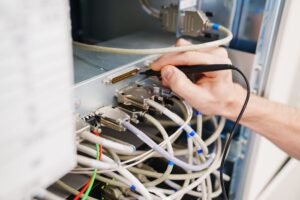
SafeTag’s Healthcare Tagging Protocols
At SafeTag, we recognize that the healthcare industry has unique demands. Our approach is designed to minimize disruption, maximize safety, and meet the strictest hygiene standards.
1. Specialized Equipment Handling
Our technicians are trained to work in sensitive environments and understand the complexities of medical-grade electrical equipment. We avoid interrupting vital operations by:
- Coordinating with hospital departments in advance
- Using non-invasive testing tools
- Avoiding disconnection unless absolutely necessary
- Ensuring that all testing complies with infection control procedures
2. Customized Preventive Testing Schedules
Not all equipment requires the same testing frequency. Our team assesses the risk category, location, and usage intensity of each device to create a customized testing schedule. For example:
- Life-critical equipment in ICU or ER: tested every 3–6 months
- General diagnostic tools: tested every 6–12 months
- Office and admin devices: tested annually
This prevents over-testing while ensuring high-risk items are never overlooked.

3. Comprehensive Asset Reporting
Every test SafeTag conducts is followed by thorough documentation. Our reports include:
- Device ID and location
- Date tested and test results
- Tag number and color
- Technician’s name
- Next scheduled test date
This data is stored securely and is easily accessible for audits and inspections. It also assists facility managers in asset tracking and maintenance planning.
4. Visual Tagging with Colour Codes
SafeTag uses a clear, colour-coded tagging system that makes it easy for healthcare staff to identify a device’s status at a glance. For instance:
- Green tag – recently tested and safe
- Red tag – failed testing, unsafe to use
- Yellow tag – nearing re-test date
This visual system helps frontline staff avoid using unsafe or expired devices, improving day-to-day operational safety. To Know More Click Here

Compliance with AS/NZS 3760 Standards
The AS/NZS 3760 standard outlines procedures for testing the safety of portable electrical equipment. It requires:
- Inspection of cords, plugs, and casings for damage
- Electrical tests such as insulation resistance, earth continuity, and polarity
- Tagging with results and next test due date
- Record keeping for traceability
Healthcare environments demand strict compliance with this standard, and at SafeTag, we go a step further by maintaining proactive schedules, audit-ready records, and automated reminders for future testing.
Infection Control and Cleanroom Protocols
Medical facilities often have sterile zones like operating theatres, neonatal ICUs, and pathology labs. Electrical tagging in these areas must follow hygienic protocols to avoid cross-contamination.
SafeTag’s technicians:
- Use sanitized tools and equipment
- Wear appropriate PPE (Personal Protective Equipment)
- Avoid placing any tags or tools on sterile surfaces
- Ensure minimal physical contact with sensitive machinery
We understand that infection control is as important as electrical safety—and we take both seriously. To Know More Click Here

Conclusion
Electrical tagging in the healthcare sector is not optional—it’s a legal requirement and a moral responsibility. With lives on the line, equipment must function perfectly and safely at all times. SafeTag helps healthcare providers stay ahead of risks with intelligent tagging protocols, qualified experts, and meticulous attention to detail.
SafeTag – Your Safety Partner in New Zealand
Ensure workplace safety and compliance with SafeTag’s professional testing services. We offer certified solutions for Electrical Testing & Tagging, RCD Testing, Microwave Leakage Testing, and Portable Appliance Testing (PAT). Trust our experts for hassle-free, on-site service tailored to your business needs.

